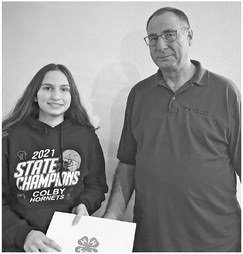Medford residents raise questions, concerns about possible referendum


More than 40 people attended the second listening session held January 24 about a potential referendum for the Medford School District.
At the previous mee...


More than 40 people attended the second listening session held January 24 about a potential referendum for the Medford School District.
At the previous mee...